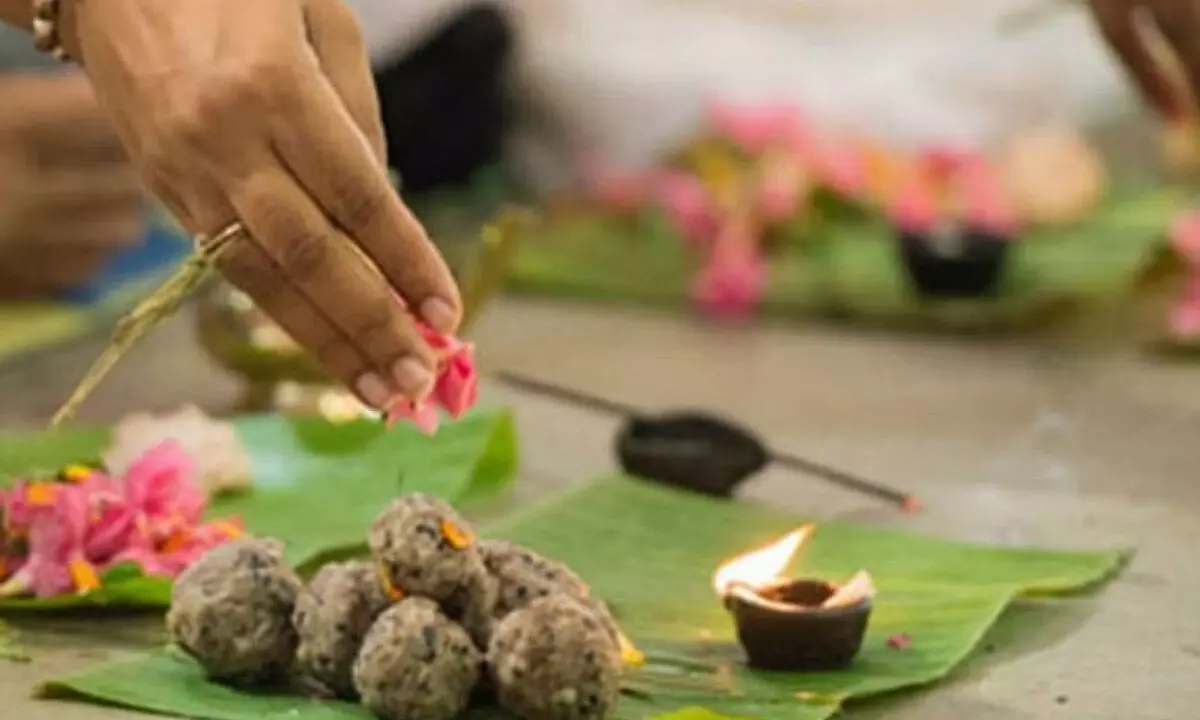Pitru Paksha 2023: Why the festival lasts 16 days this year

The three generations of deceased ancestors are believed to live in an intermediate kingdom called Pitrilok. During Pitru Paksha, the god of death, Yamraj or Yama, releases them to visit their relatives and relatives, and accept gifts, food and water. Pitru Paksha is celebrated annually for 15 days during which people usually visit the banks of the Ganges or other sacred rivers to make offerings to their deceased ancestors.
This year, according to the Hindu calendar, is a period of 16 days that begins with the full moon day of the Bhadrapada month and ends with the new moon day of the Ashwin month. Pitru Paksha starts on September 29 and ends on October 14.
Pitru Paksha has no fixed days. It can happen for 15 days, 16 days or 17 days depending on the moon.
Talking to News18, Pandit Yashovardhan Choubey said that Pitru Paksha's days have changed. According to him, a 15-day Pitru Paksha occurs every two years, while a 16-day Pitru Paksha occurs in the third year and a 17-day Pitru Paksha occurs every eight years.
Pandit Yashovardhan Choubey also said that according to the Hindu calendar, the current year Vikram Samvat 2080, there is an extra month, so 16 days of Pitru Paksha are observed this year. Every three years, due to “Adhik Mash” (extra month), 16 days of Pitru Paksha follow, while in Samanubhav there are 15 days of Pitru Paksha occurring every two years and 17 days of Pitru Paksha occurring every 8 years.
It is said that if the days are increased, devotees get one or two more days to offer prayers to their ancestors and seek blessings and please them for their happiness and prosperity.
Pandit Yashovardhan Choubey, who has been performing the tarpan at the Sagar Chakraghat in Madhya Pradesh, said that Pitru Paksha paves the way to get relief from Dev Deb, Rishi Deb and Pitra Deb, 84 lakh deities in the east, Sapt Rishis in the North. 16 Yama names in the south and pay homage to their ancestors with black sesame seeds offered to Lord Vishnu, allowing the ancestors to cross the Vaitarani.
For the last 29 years, Pandit Yashovardhan Choubey has been offering tarpan to devotees. He is the fourth generation to follow the practice at Chakraghat.

